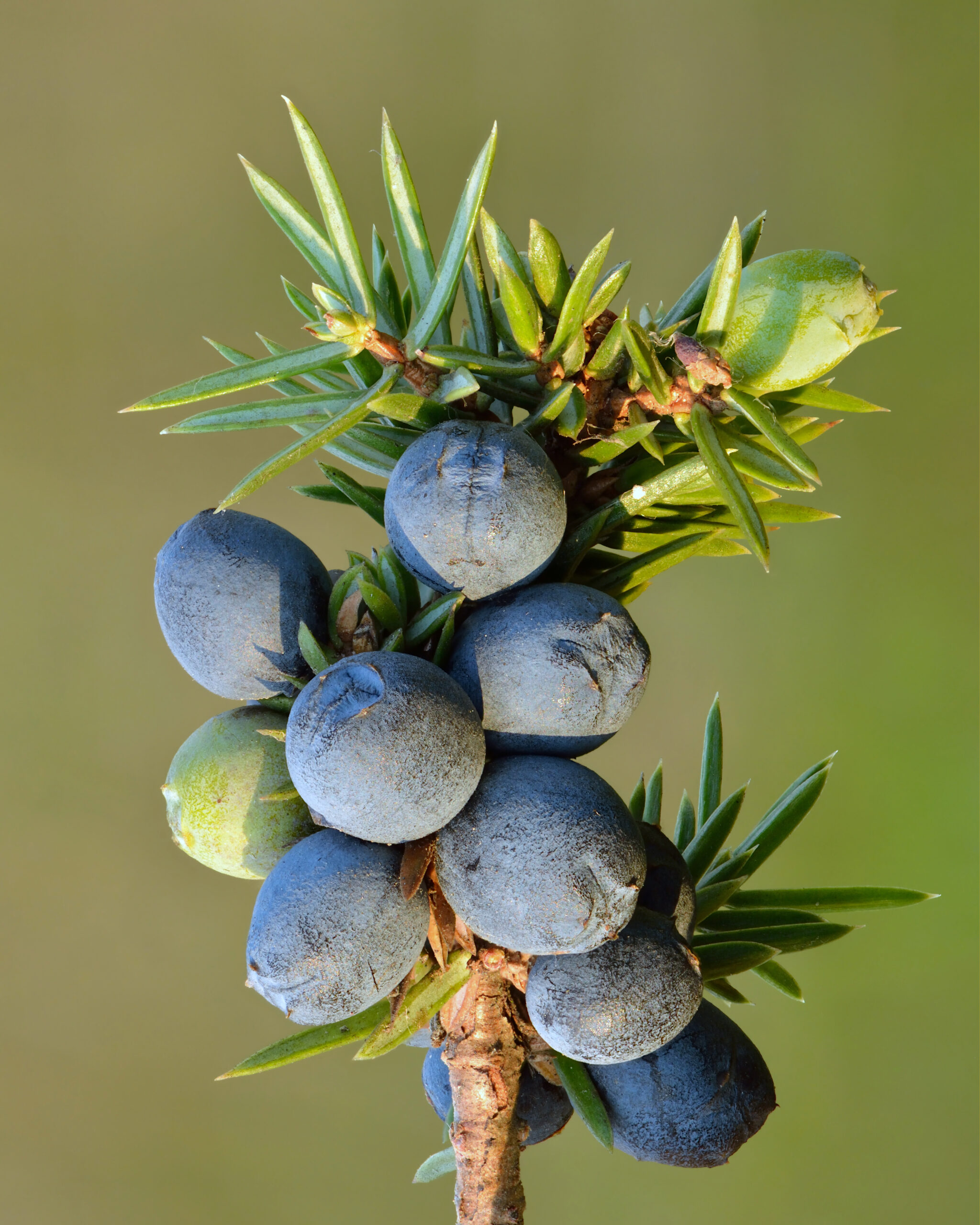What Is Juniper?
Juniper is more than just a beautiful shrub; it produces berries that have been valued for their unique flavor and medicinal properties for centuries. Often associated with gin, juniper berries come from various species of juniper trees and shrubs, primarily Juniperus communis. Understanding juniper can open up avenues for culinary innovation and health benefits.
The Nutritional Profile of Juniper Berries
Juniper berries are tiny, but they pack a punch when it comes to nutrition. Rich in antioxidants, vitamins (specifically Vitamin C), and essential oils, these berries have been known for their health-promoting properties. The active compounds in juniper berries may help with digestion, inflammation, and even detoxification. You can explore the detailed nutritional content of juniper berries on Wikipedia.
Historical Significance of Juniper
Throughout history, juniper has been celebrated in various cultures for its medicinal properties. The ancient Greeks used juniper for its supposed ability to ward off disease; Native Americans utilized it in their rituals and traditional medicine. There is evidence of juniper being used as an herbal remedy around 1500 B.C., which shows its enduring significance in traditional practices.
Modern Uses of Juniper
Today, juniper berries are commonly used in a wide range of products, from culinary delights like gin to skincare products and essential oils. These uses reflect the adaptability of juniper in modern-day applications.
Culinary Applications
In the culinary world, juniper berries add a distinctive taste, often described as a combination of pine and spice. Chefs incorporate them into various dishes, including marinades, sauces, and even game meats. They are also used in seasoning for pickling vegetables and can elevate the flavors of sauces and broths. In Western cuisine, they are most famously known for their essential role in producing gin.
Medicinal Uses
Following the growing trend towards natural remedies, juniper berries have found a place in many health-related products. They are often brewed into teas and tinctures for their anti-inflammatory and diuretic properties. Studies suggest that juniper may help in managing conditions such as urinary tract infections and digestive issues.
Juniper Essential Oil
Juniper essential oil is extracted from the berries and has found favor in aromatherapy and natural skincare lines. Known for its calming effects, it may relieve stress and anxiety while promoting mental clarity. Additionally, its antiseptic properties make it a popular choice in lotions and soaps.
Environmental Impact and Sustainability
As we delve deeper into sustainable practices, it’s crucial to consider how juniper harvesting affects our environment. Some species of juniper are well-adapted to arid environments, making them vital for local ecosystems. During harvesting, responsible and sustainable practices should be prioritized to maintain these ecosystems. Supporting brands that implement ethical sourcing of juniper products can make a significant difference in conserving these valuable plants.
Investing in Juniper: Market Trends and Opportunities
The demand for organic and natural products has led to a surge in the market for juniper-based goods. As consumers become more health-conscious and environmentally aware, there are numerous opportunities for businesses to innovate in this space, from food products to wellness offerings.
Opportunities in Culinary Innovation
There is a growing trend in culinary industries towards farm-to-table concepts, where chefs and restaurateurs are eager to explore unique flavors. Infused sauces, juniper-flavored spirits, and gourmet spices are at the forefront of this movement, highlighting the potential for growth in the culinary sector. Understanding how to leverage juniper’s unique flavor in modern dishes can put chefs ahead of the curve in an ever-competitive market.
Wellness and Holistic Health Products
As the wellness market continues to expand, juniper-based products can appeal to consumers looking for natural health options. Essential oils, herbal supplements, and teas can find a robust market among those interested in holistic health practices.
Conclusion: The Future of Juniper
Juniper’s multifaceted applications in culinary, medicinal, and holistic practices highlight its potential as a valuable asset for both consumers and businesses. Its rich history and modern uses make juniper berries not only relevant but also essential in the quest for sustainability and health. Whether you are a chef looking to innovate or a business leader exploring market opportunities, investing in juniper presents a promising path forward.








